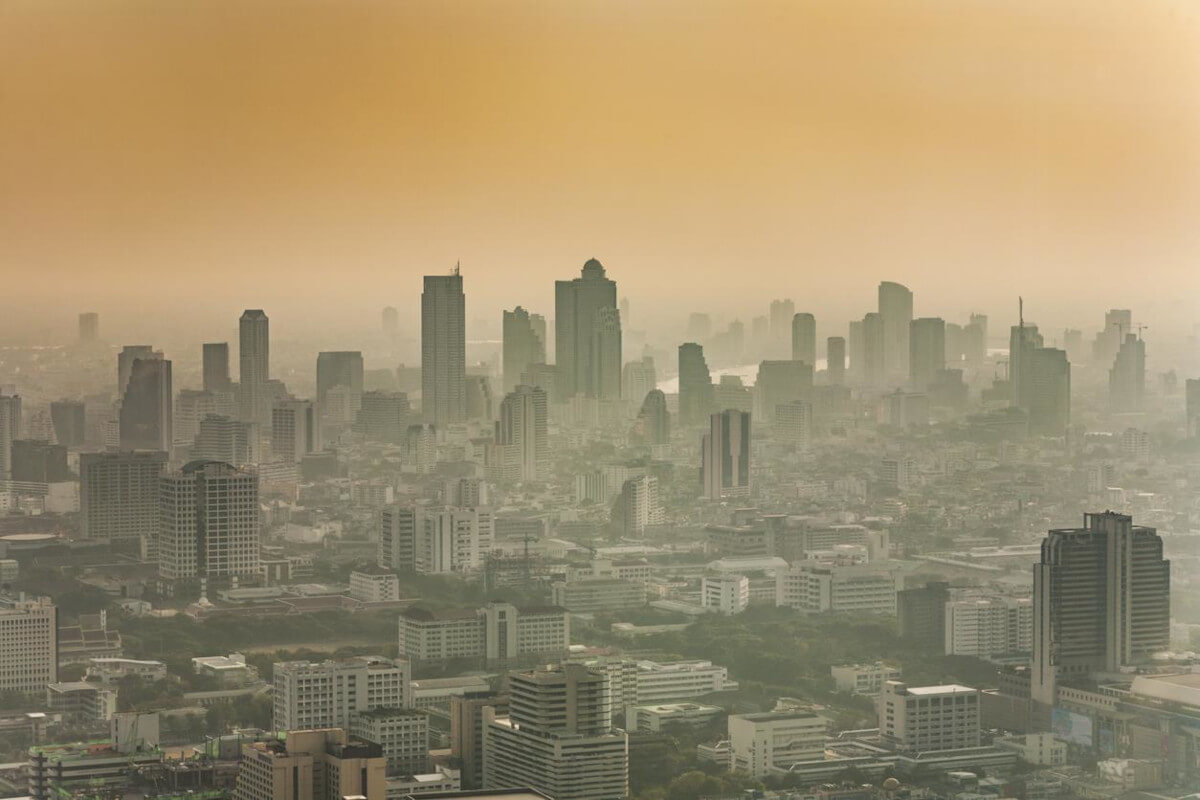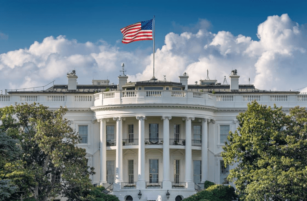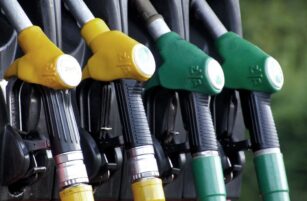Insight Focus
The future of sugarcane harvesting in Thailand is shifting. Incentives from the government for cutting fresh sugarcane may decrease, which raises concerns about a possible return to burning sugarcane.
Cane farmers in Thailand are facing the prospect of reduced government incentives due to an increase in funding for other priorities, including disaster response funding for recent flooding.
Since the 2020/21 season, the government has set up a budget to provide a top up payment of up to THB 120/tonne for farmers who deliver fresh (unburnt) cane.
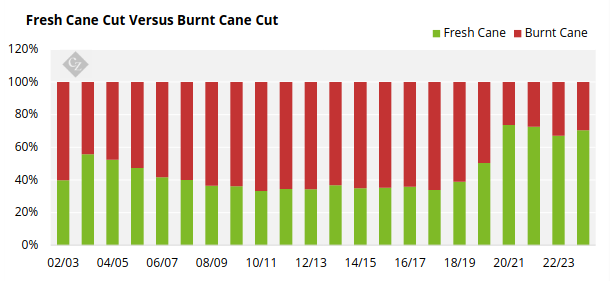
This year, though, the government has changed. While the new government remains friendly to farmers, one of its main election pledges was to provide THB 10,000 per person to individuals with a net annual income of less than THB 840,000 in an effort to stimulate the economy.
It is likely that the government will need to allocate a significant portion of this year’s budget to implement this policy and assist flood victims. As a result, we believe there is a risk that insufficient funds will remain for the sugarcane industry.
Why the Top Ups Matter
Several years ago, the Thai government became worried about high levels of pollution and poor air quality, which has been linked to cane burning.
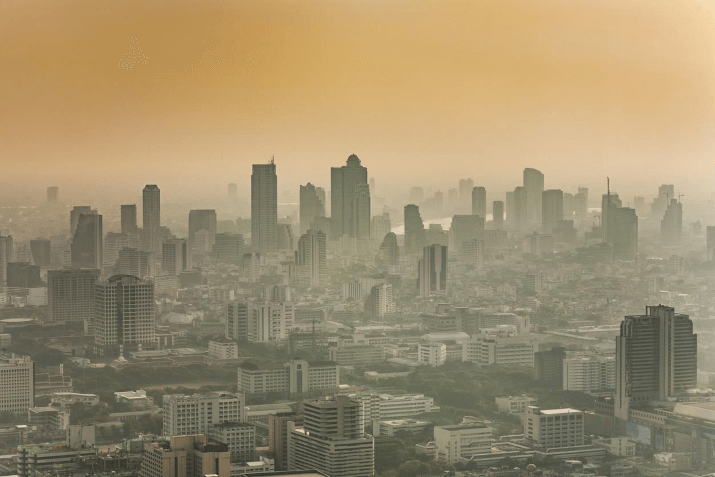
As an incentive to ensure more farmers cut cane rather than burning it, the government introduced a system that deducts THB 30 to THB 100/tonne from farmers who deliver burnt cane. This deducted amount is then redistributed to those who provide fresh cane.
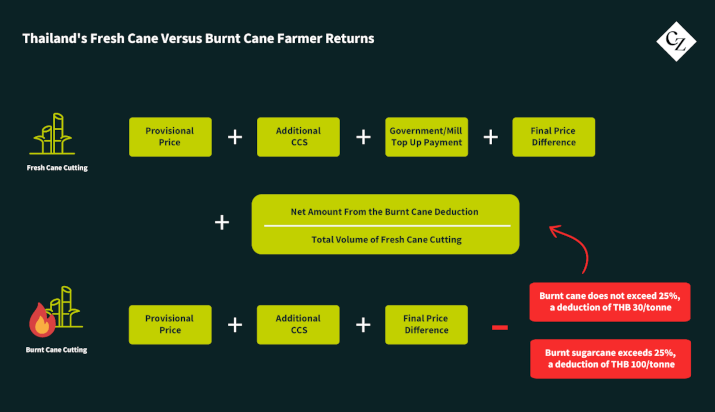
However, the penalty from the burnt cane is not sufficient to fund the fresh cane premium, meaning the government has to supply “top up payments” for fresh cane.
For the completed 2023/24 season, the farmers associations have asked for a top-up payment of at least THB 100/tonne of fresh cane. This request is in line with the payment from the past three seasons and aims to support fresh cane cutting to help solve the air pollution issues but given the shortage in the budget – it is difficult for the top up payment will be delivered this year…
From the latest OCSB meeting, we heard that THB 69/tonne of fresh cane top up is being considered and additionally the government will support up to THB 300/tonne of cane leaf which equivalent to THB 51/tonne of fresh cane delivered. There is a chance that a total of THB 120/ tonne of top up will be set for 2024/25 to those who deliver fresh cane and collect the cane leaf but not every farmer can do this.
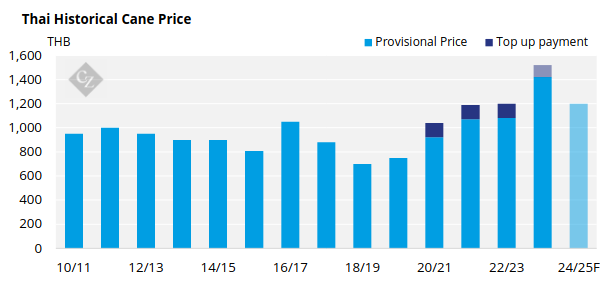
Fresh Cane Provides Benefits
This year, the Thai government has expressed concerned about air pollution over the dry season between November and April. Typically, the dryer weather causes air quality to drop. Reducing the practice of burning sugarcane before harvesting could significantly help with the situation since it coincides with the dry season.
Farmers often burn cane to simplify their work. This process eliminates excess leaves, making the cane easier to access and cut, ultimately reducing labour. In contrast, fresh cane must be harvested by hand, which involves significantly more labour.
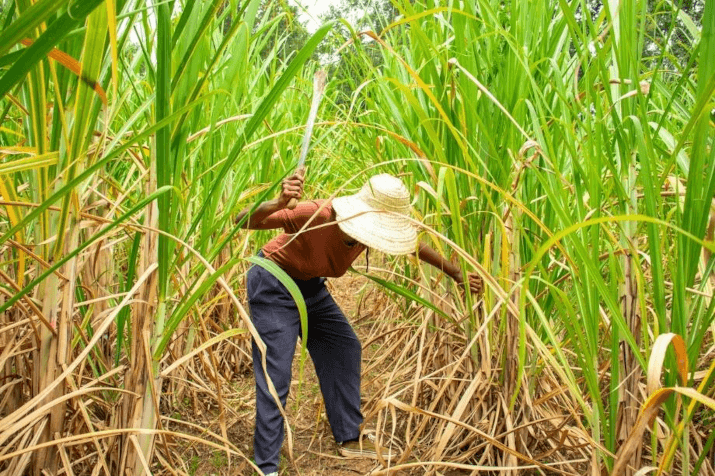
However, fresh cane yields raw sugar of higher quality with fewer impurities, while burnt cane introduces dirt and sand, increasing the presence of unfilterable materials such as starch and dextran. This contamination requires refiners to expend more energy to eliminate these materials during the refining process.
Further, farmers must deliver burnt cane to the mills immediately, as the heat from burning evaporates water, negatively impacting both the weight and quality of the sugar cane. Although burnt cane typically has higher Commercial Cane Sugar (CCS) if delivered within 24 hours, its CCS diminishes rapidly over time.
In contrast, fresh cane can retain its value for a longer period, making it a more advantageous option if delivered later.
This means that, not only is incentivising fresh cane positive for the environment, but also for the producers as it tends to be easier to refine and can yield more. If the government rescinds or reduces the fresh cane payment, this could have serious implications.
